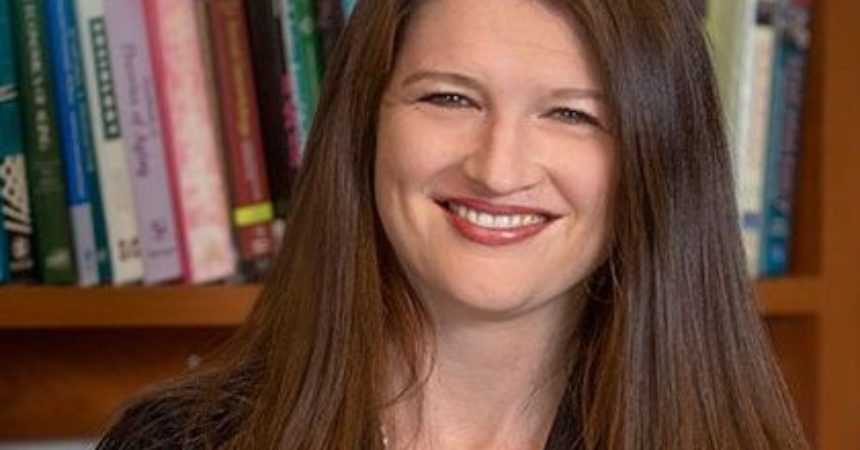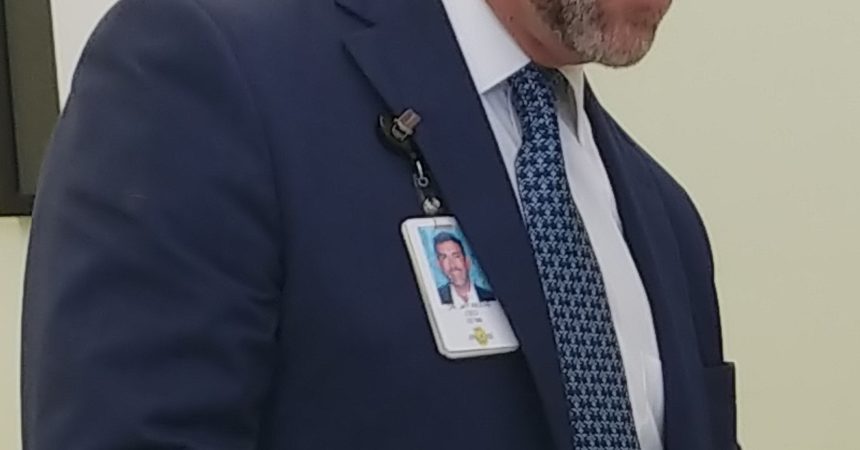Pandemic uncertainty
Worries over coronavirus spur mental health concern
At first the Facebook post seemed full of humor – the floor plan of a house accompanied by text about planning a vacation in the coronavirus era.
The question posed was about which room would be best to spend a week or two away from work.
While that might be one person’s way of dealing with Gov. Ron DeSantis’ statewide stay-home order, mental health professionals are expressing concern about how being cooped up affect people. Primary concerns are for people with underlying mental issues, senior citizens and children.
Communities around the country are coping with disruption of daily routines such as going to a restaurant or a sporting event. All have been shut down for nearly a month. With that, people have fallen into some form of grief. Being taken out of what was normal before the pandemic began to explode has also brought on known cases of panic, hopelessness and fear.
While the government is giving financial stimulus to help individuals and businesses, the mental health residual of the pandemics is hardly part of the conversation.
However, it should be, according to mental health experts.
Coping with social distancing is the most difficult for older people, said Dawn Carr, associate professor of sociology and faculty associate at the Pepper Institute on Aging and Public Policy at FSU.

Senior citizens are among the most vulnerable to suffer psychological effects from COVID-19, according to FSU professor Dawn Carr.
Photo special to the Outlook
“We have to be paying attention to make sure that their social wellbeing is not overlooked during time of need,” said Carr.
With older people being among the most vulnerable to COVID-19, fear and stress could create mental issues, studies have found. Some of those studies were done after the 1918 H1N1 virus that took 50 million lives worldwide, including about 675,000 in the Unites States.
The outbreak 102 years ago, affected mostly people between 30 and 40 years old. This coronavirus is affecting mostly the elderly, which prompted concern from Carr.
“Older adults, relative to other age groups, are in a more precarious situation,” Carr said. “Not only are they more likely to be seriously impacted by COVID-19, they are much more likely than other age groups to have been socially isolated to begin with, placing them at added risk.
“Consequently, we need to not only be identifying ways to decrease risks of contracting the virus, we need to ensure that they stay socially connected with others in their community even though they can’t interact with people face-to-face.”
The call to avoid face-to-face contact is also having an effect on the younger generation.

Dr. Jay Reeve, president and CEO Apalachee Center, says parents have to help children cope while enduring the current pandemic.
Photo by St. Clair Murraine
Young people, especially school-age children who suddenly are at home, could easily develop some form of mental illness, said Dr. Jay Reeve, president and CEO Apalachee Center.
Reeve said that while children might compare coronavirus’ affects to that of a cold, it’s up to parents to make sure that they are involved in structured activities. That is especially necessary for parents who have to teach their children while they work from home, he said.
“A parent has to almost approach it as a job and that part of your new job is to make sure the kids are getting taught in a structured way,” Reeve said. “It’s not something on the fly.”
Another vulnerable group of people are those that are living with underlying mental health issue, Reeve said. Uncertainty about the pandemic and it rapid spread is common triggers, he added.
“In an extremely a stressful situation, there is a lot of anxiety provoking what is going on and it’s folks that have underlying emotional or mental issues that are exasperated by the stress,” Reeve said. “That can range from mild anxiety disorders to schizophrenia or bipolar disorder. Every psychiatric condition gets worse under conditions of stress.”
While there are signs that the curve is being flattened in some of the initial hot spots, people are reacting to changes that they haven’t experienced before the pandemic, Reeve said.
“Part of this is adjusting to how very, very rapidly the world has changed and I think that’s challenging for everybody,” he said. “You’ve got to do things at once cognitively; you can’t just let things go. You’ve got to plan for the future; how long is the money going to last, how you’re going to do things for the kids and what you’re going to do.
“But emotionally you’ve got to take it day by day because there is no way to say it’s going to be like this is for a week or like this in a month. The most challenging thing is just the scope and the enormity of the unknown of what’s happening.”









